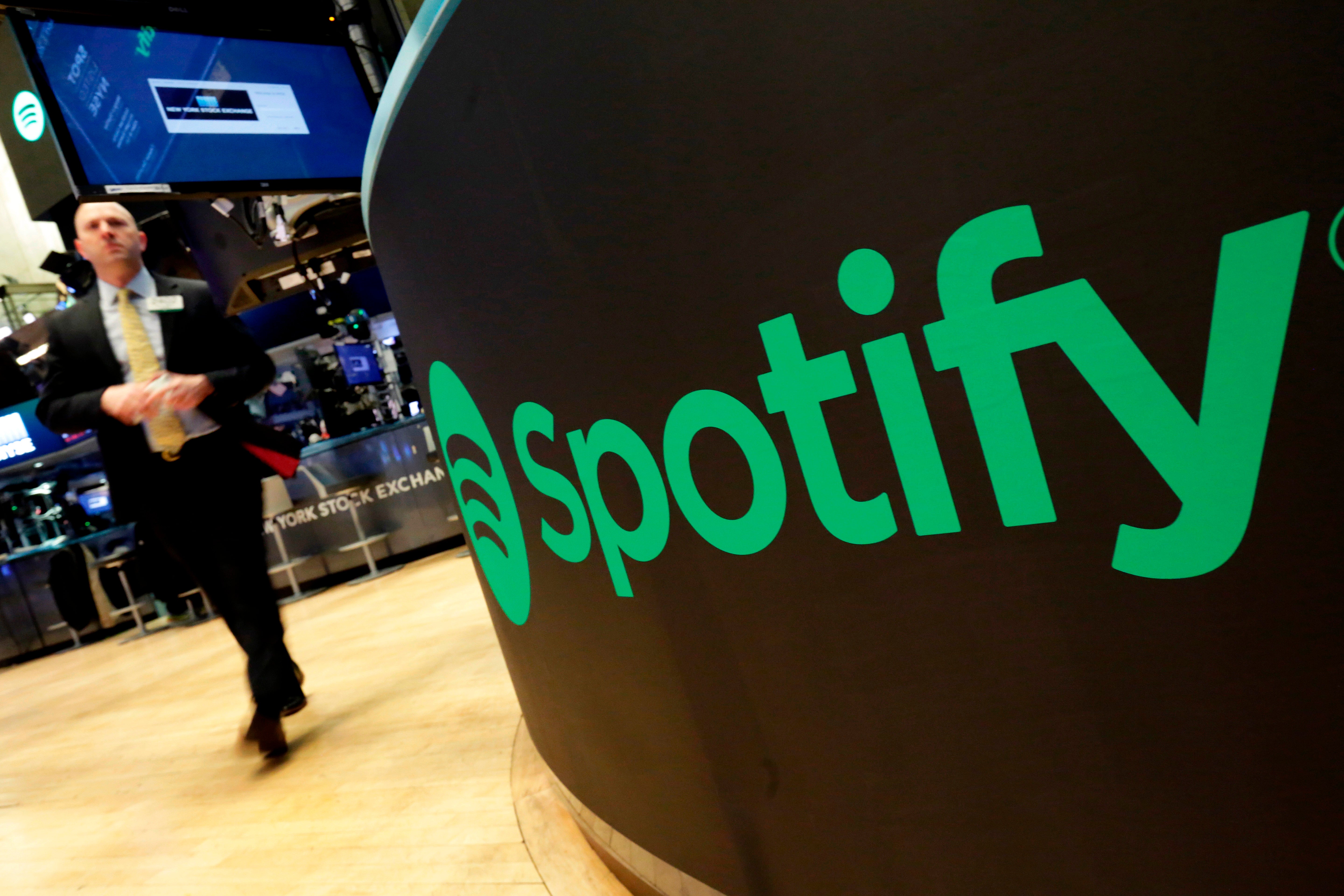Music streaming platforms must pay artists more, EU says
MEPs demand rules that ‘ensure tools used by music streaming services are transparent’
Your support helps us to tell the story
From reproductive rights to climate change to Big Tech, The Independent is on the ground when the story is developing. Whether it's investigating the financials of Elon Musk's pro-Trump PAC or producing our latest documentary, 'The A Word', which shines a light on the American women fighting for reproductive rights, we know how important it is to parse out the facts from the messaging.
At such a critical moment in US history, we need reporters on the ground. Your donation allows us to keep sending journalists to speak to both sides of the story.
The Independent is trusted by Americans across the entire political spectrum. And unlike many other quality news outlets, we choose not to lock Americans out of our reporting and analysis with paywalls. We believe quality journalism should be available to everyone, paid for by those who can afford it.
Your support makes all the difference.The EU has called for a major overhaul of the music streaming industry to address the imbalance in revenue allocation among performers.
On Wednesday (17 January), Members of the European Parliament (MEPs) voted overwhelmingly in favour of setting up a new EU legal framework to ensure artists are being fairly compensated.
Condemning current “pre-digital royalty rates”, the EU observed that some schemes require musicians to accept lower or zero revenue in exchange for better visibility.
While the resolution itself is nonlegislative, the vote serves as a plea for the European Commission to acknowledge the concerns around music streaming and initiate legislation to address it.
In a press release about the vote, Spanish politician Ibán García del Blanco praised the European Parliament for “giving voice to the concerns of European creators, who are at the heart of the music streaming market”.
“Cultural diversity and ensuring that authors are credited and fairly paid has always been our priority,” he said. “This is why we ask for rules that ensure algorithms and recommendation tools used by music streaming services are transparent as well as in their use of AI tools, placing European authors at the centre.”

In recent years, streaming services have come under pressure to introduce better terms for all artists whose music appears on their platforms.
Spotify was criticised in November after confirming that it would introduce long-rumoured changes to its royalty payments from early 2024, including a policy that requires tracks to achieve a minimum of 1,000 plays every year in order to receive royalties.
Meanwhile, Deezer struck a new deal with Universal Music in September, which means the label’s acts will be paid more if fans actively seek out their music on the platform, as opposed to hearing it automatically on a playlist.
Enjoy unlimited access to 100 million ad-free songs and podcasts with Amazon Music
Sign up now for a 4 month free trial (3 months for non-Prime members)
Enjoy unlimited access to 100 million ad-free songs and podcasts with Amazon Music
Sign up now for a 4 month free trial (3 months for non-Prime members)
The model will prioritise professional musicians (classed as those with a minimum of 1,000 monthly streams from more than 500 individual listeners), giving them an estimated 10 per cent payout increase.
In turn, streaming income will be reduced on the platform for amateur musicians, as well as “non-artist noise audio” such as AI “artists” and white noise soundtracks intended as background music.
The EU is also urging streaming companies to disclose whether AI has been used to create tracks hosted on their platforms, such as a “deepfake” music that mimics real-life artists without their permission.

Join our commenting forum
Join thought-provoking conversations, follow other Independent readers and see their replies
Comments